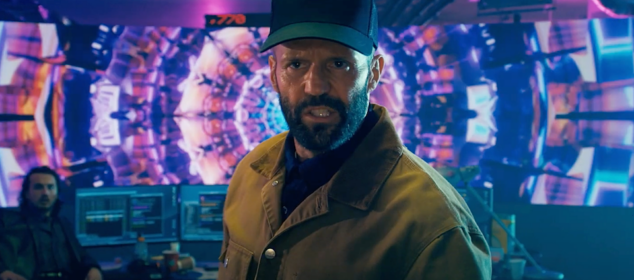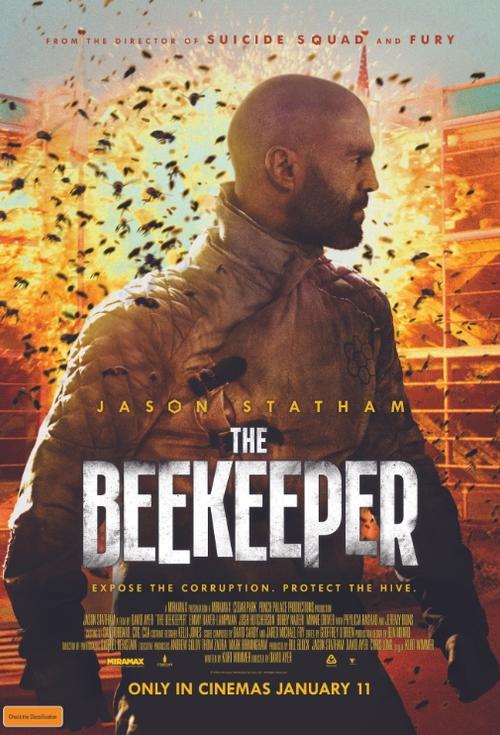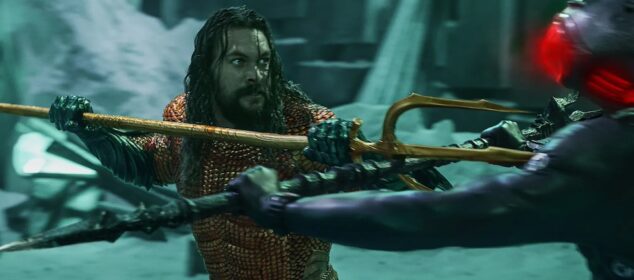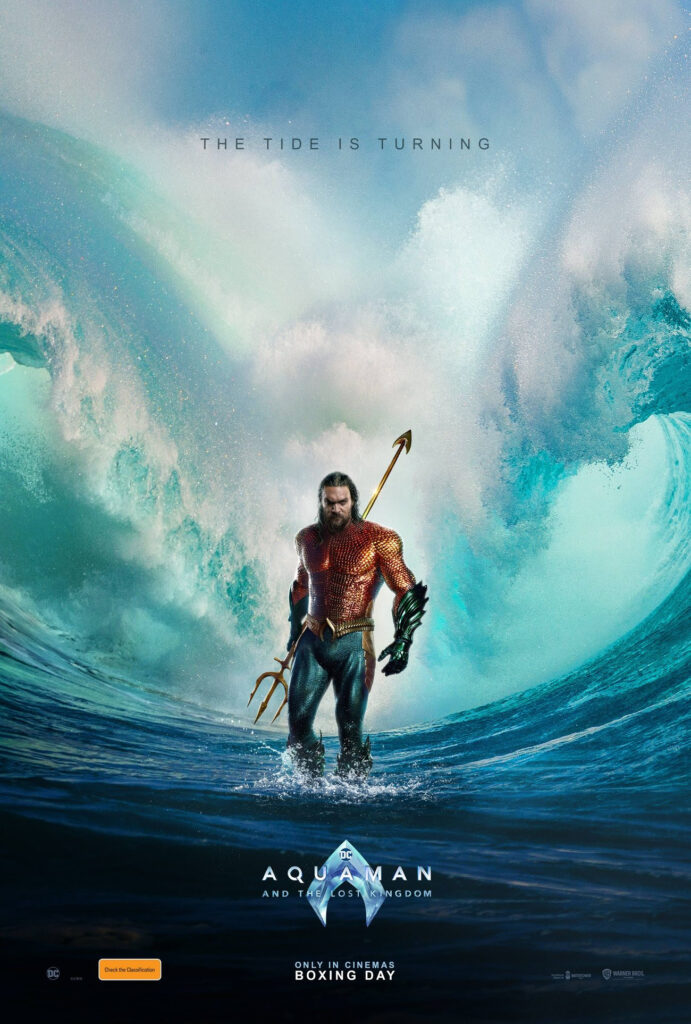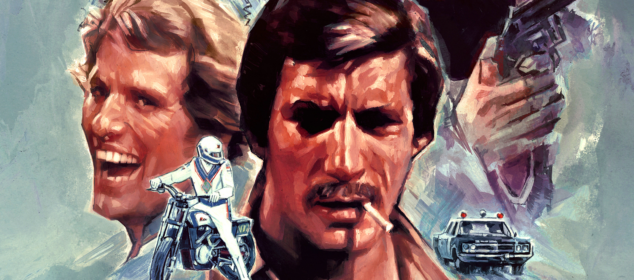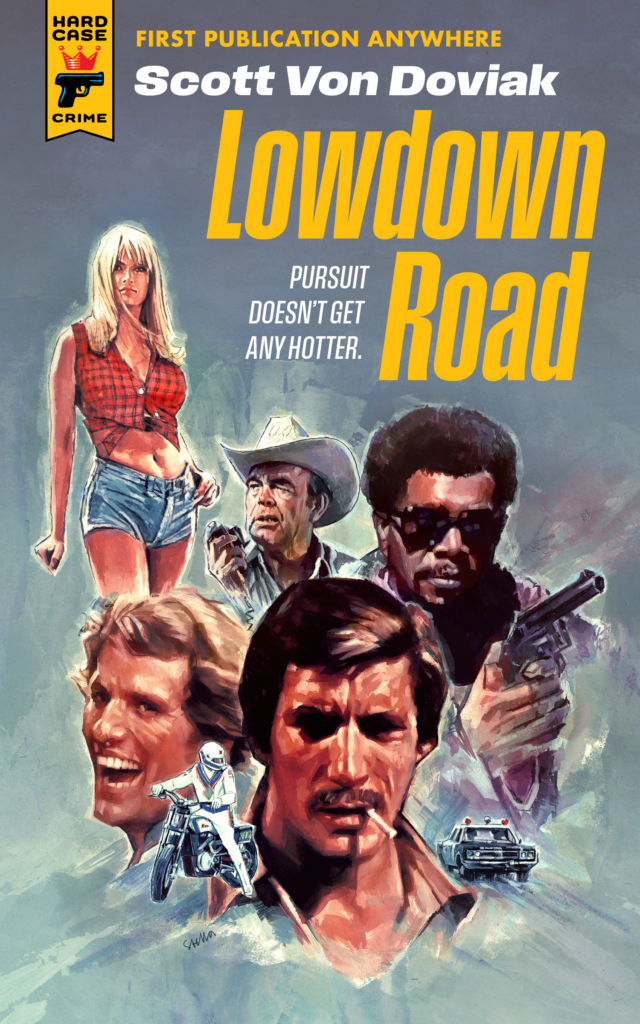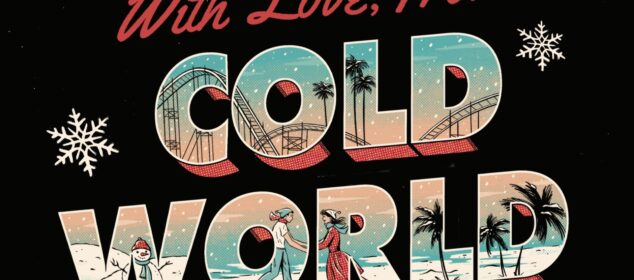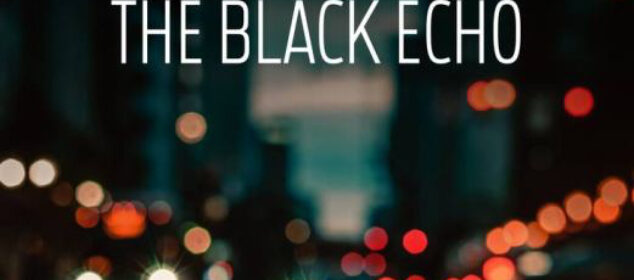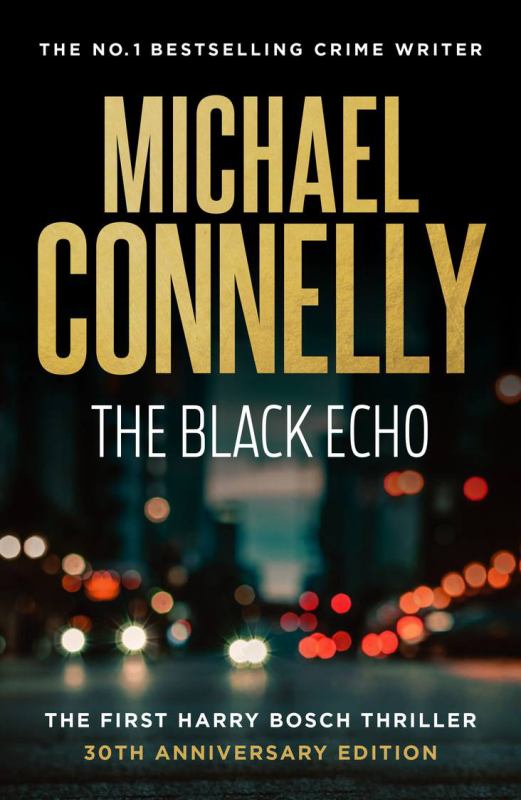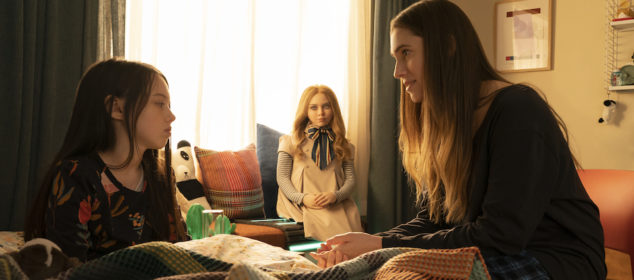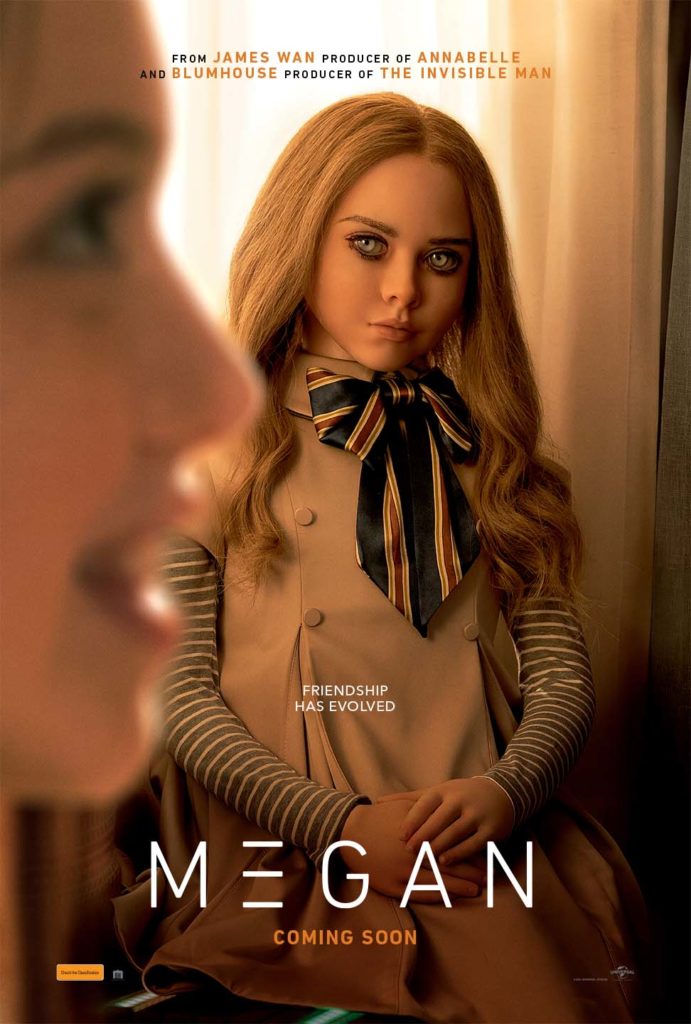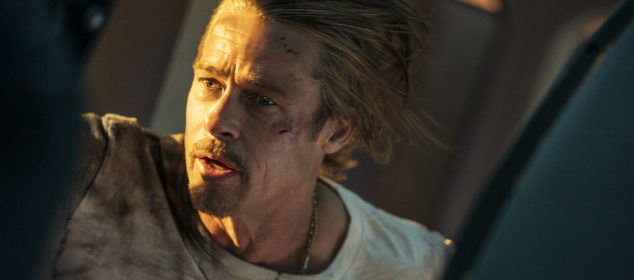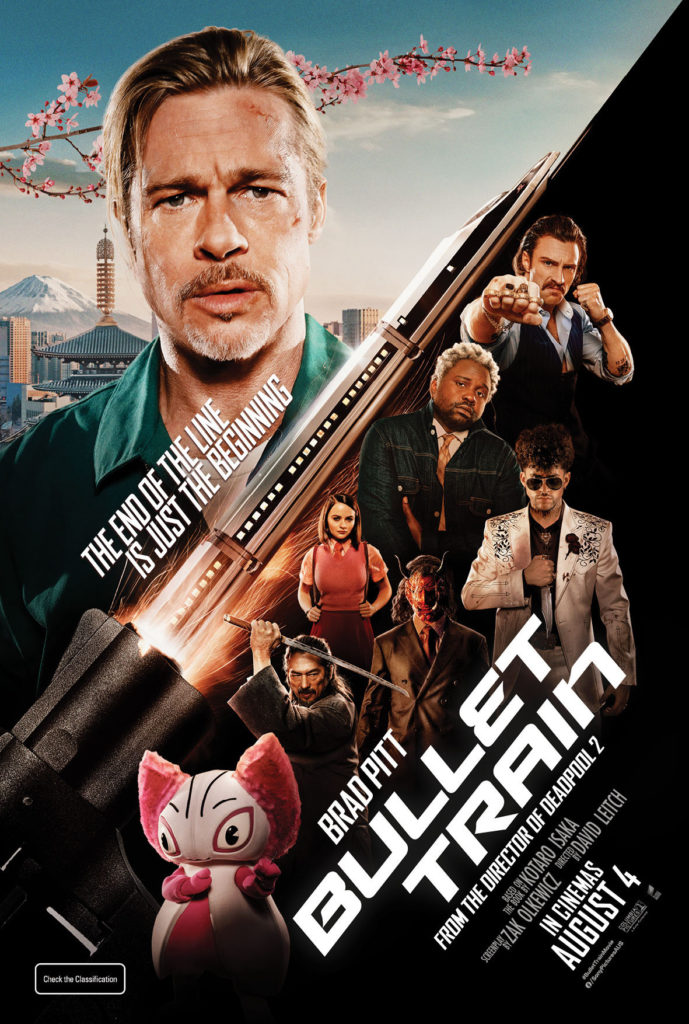Movie Review: Mean Girls (2024)
The circle of life now is book to movie to musical to movie. Tina Fey’s beloved 2004 comedy Mean Girls, loosely inspired by a non-fiction book about high school hierarchy, has had a long and charmed life, with a veritable empire built from it. Now it’s back, twenty years later, and on the big screen instead of the originally planned Paramount+ launch (where, charitably, no one would have watched it).
Of course, Paramount has forgotten to promote the movie as a musical, even if there’s a note in the A. Trailers didn’t have any songs in it and tried to cut around choreography. The movie itself is missing 14 songs, approximately half of the show. And the story itself has almost all of the same problems as the original movie did. In many ways, while not a straight (ha) remake, Mean Girls is almost the original movie with a couple of songs slapped into it; whether that works depends on if you liked the movie in the first place and if you’re not so wedded to it that you can’t stand to see it in different hands. It’s a delicate balancing act.


